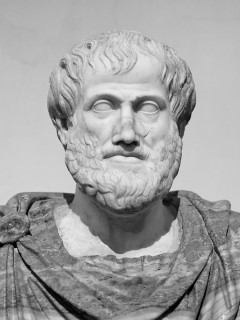
Publication details
Publisher: Springer
Place: Berlin
Year: 2014
Pages: 589-607
Series: The Philosophy of Science in a European Perspective
ISBN (Hardback): 9783319043814
Full citation:
, "Where would we be without counterfactuals?", in: New directions in the philosophy of science, Berlin, Springer, 2014


Where would we be without counterfactuals?
pp. 589-607
in: Dennis Dieks, Stephan Hartmann, Thomas Uebel, Marcel Weber, Maria C. Galavotti (eds), New directions in the philosophy of science, Berlin, Springer, 2014Abstract
Bertrand Russell's celebrated essay "On the Notion of Cause" was first delivered to the Aristotelian Society on 4 November 1912, as Russell's Presidential Address. The piece is best known for a passage in which its author deftly positions himself between the traditional metaphysics of causation and the British crown, firing broadsides in both directions: "The law of causality", Russell declares, "Like much that passes muster in philosophy, is a relic of a bygone age, surviving, like the monarchy, only because it is erroneously supposed to do no harm." To mark the lecture's centenary, I offer a contemporary view of the issues Russell here puts on the table, and of the health or otherwise, at the end of the essay's first century, of his notorious conclusion.
Cited authors
Publication details
Publisher: Springer
Place: Berlin
Year: 2014
Pages: 589-607
Series: The Philosophy of Science in a European Perspective
ISBN (Hardback): 9783319043814
Full citation:
, "Where would we be without counterfactuals?", in: New directions in the philosophy of science, Berlin, Springer, 2014


